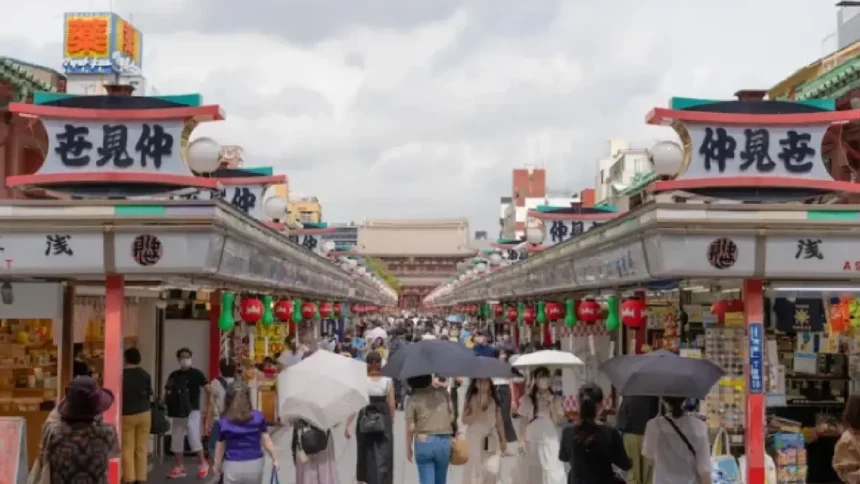Beijing’s travel advisory sparks market sell-off amid Tokyo–Beijing Taiwan tensions
Japan’s tourism and retail sectors suffered sharp stock declines after China issued a warning urging its citizens not to travel to Japan, a move tied to a mounting diplomatic rift over Taiwan.
What Sparked the Sell-off
The drop was triggered by China’s advisory for its citizens to avoid traveling to Japan. The warning came shortly after Japanese Prime Minister Sanae Takaichi made comments in parliament suggesting that a Chinese military operation against Taiwan could pose an existential threat to Japan remarks that Beijing interpreted as provocative.
In response to the travel warning, Japanese companies deeply exposed to Chinese tourism and consumer spending saw their share prices tumble across the board.
Key Losers in the Market
-
Retail giants: Fast Retailing, which owns Uniqlo, fell sharply.
-
Department stores: Takashimaya shares dropped significantly, while Isetan Mitsukoshi declined even more steeply.
-
Cosmetics companies: Beauty firms, including Shiseido, plunged nearly 10 percent amid investor concerns about reduced Chinese tourist traffic.
-
Tourism-linked firms: Japanese airlines and hospitality operators also took a hit, reflecting fears of a sudden drop in inbound Chinese visitors.
Why This Matters So Much
-
Chinese tourists matter: China has been a major source of tourists for Japan, especially in high-spending segments like retail, luxury goods, and department stores. A pullback in Chinese visitors has big ripple effects across Japan’s consumer-facing industries.
-
Economic risk: Analysts warn that the travel warning could translate into a significant loss for Japan’s tourism revenue, potentially cutting into growth projections and consumer demand.
-
Political escalation: The market response highlights how geopolitical tensions especially over Taiwan can quickly bleed into economic fallout. As diplomatic rhetoric heats up, companies dependent on cross-border tourism become vulnerable.
-
Export and trade implications: The spat deepens uncertainty for Japanese firms operating in or relying on the Chinese market. Any sustained diplomatic chill could hurt retail, travel, and related sectors over the long run.
Reaction from Japanese Industry
Retail and tourism executives expressed serious concern. Some department store leaders noted they heavily rely on Chinese shoppers, especially in premium and luxury categories. Meanwhile, tourism operators are bracing for a potential drop in bookings and foot traffic if the advisory leads to a substantive decline in travel.
Even with growing visitor numbers from other countries, business leaders say they cannot fully offset the potential loss from China, where tourists traditionally spend a lot on shopping, lodging, and entertainment.
What Comes Next
-
Monitoring Beijing’s next move: Market watchers will be closely observing whether China’s advisory turns into a longer-term boycott, or whether diplomatic channels cool things down.
-
Corporate strategy shifts: Japanese retailers and tourism companies may accelerate efforts to diversify their consumer base, targeting other markets in Asia or beyond.
-
Government response: Tokyo could push back diplomatically, or offer incentives to help mitigate the economic impact if Chinese travelers stay away.
-
Market volatility: Investors may remain cautious on related sectors, valuing them more defensively or reducing exposure unless there’s clarity on the diplomatic and economic outlook.
Final Thought
Japan’s sharp stock slide in tourism and retail is a warning sign of how geopolitical tensions can quickly turn into economic risk. The fallout from China’s travel advisory underscores the tight linkage between diplomacy and corporate performance especially in sectors that depend heavily on international visitors. As Tokyo and Beijing spar over Taiwan, markets are sending a clear message: risk is rising, and the stakes are high.











